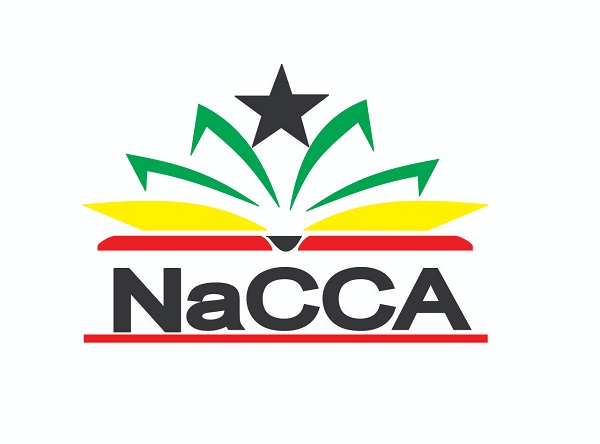
NaCCA must check these slip-ups
The National Council for Curriculum and Assessment (NaCCA) is doing very well in terms of ensuring that the contents of textbooks published for schoolchildren at the basic level conform to the new Ghana Education Service (GES) standard-based curriculum.
However, with regard to language and editorial quality, l urge NaCCA to sit up during its assessment and approval process - verification stage.
Advertisement
In recent times, l have taken a keen interest in proofreading my children's textbooks before they start using them. As a result, l have noticed some slip-ups.
A common slip-up in most of the books is the use of 'she' and 'her' for countries. Example: Common cultural practices between Ghana and her neighbours.
It is instructive to note that, in modern English, 'she' and 'her' are no more used for countries. Instead, 'it' and 'its' are used respectively.
The headline should, therefore, be corrected as follows: Common cultural practices between Ghana and its neighbours.
More
The following are more common slip-ups in some textbooks approved by NaCCA:
Hanged: The following sentence is an extract from a textbook: These designs were hanged in their classrooms.
In context, the use of 'hanged' in the sentence is incorrect. The past tense and past participle of the verb 'hang' is 'hanged' when it connotes death or killing.
Examples: He was hanged (past tense) for murder. He has been hanged (past participle) for murder.
On the other hand, 'hung' is the past tense and past participle of the verb 'hang' when it means 'to attach something, or to be attached, at the top so that the lower part is free, or loose'.
Examples: l hung (past tense) my coat on the hook yesterday. I have hung (past participle) my coat on the hook.
The sentence should, therefore, be corrected as follows: These designs were hung in their classrooms.
Cutlass
In terms of choice of words, the usage of 'cutlass' in textbooks is inappropriate. The appropriate word is 'machete'.
Both words cannot be used interchangeably based on their respective definitions.
The Oxford Dictionary defines cutlass as a short sword with a slightly curved blade, formerly used by sailors.
It defines machete as a broad heavy knife used as a cutting tool and as a weapon.
Based on their respective descriptions, machete better fits the implement we use in Ghana and which most people erroneously call cutlass.
Whiles
The following sentence is an extract from a textbook: Some of our siblings may be older than us whiles others are younger than us.
The expression 'whiles' is old-fashioned (archaic). The appropriate expression is 'while' or 'whilst'.
Hence, the sentence should be rewritten as follows: Some of our siblings may be older than us while/whilst others are younger than us.
Practice
The incorrect usage of 'practice' as a verb is ubiquitous in many textbooks. Example: We must continue to practice (instead of practise) until we are perfect.
In British English, 'practice' and 'practise' are noun and verb respectively. Unlike American English, both expressions cannot be used interchangeably.
Example: l need to practise (not: practice) my French.
American spellings
In Ghana, we adhere to British spellings. However, it is common to find the following American spellings in several textbooks: percent instead of per cent (per and cent separated); center instead of centre; kilometer instead of kilometre; centimeter instead of centimetre; meter instead of metre; defecate instead of defaecate; program instead of programme; counseling instead of counselling; traveling instead of travelling; diarrhea instead of diarrhoea, etc.
Additionally, the following anomalies are common in some NaCCA-approved textbooks: wrongly combined words, wrongly separated words, wrong capitalisation, omission of capitalisation, wrong hyphenation, omission of hyphenation, wrong punctuation, inconsistency, verbosity, etc.
Conclusion
Mediocrity in written English should not be encouraged at all in textbooks.
In other words, textbooks must be devoid of slip-ups or mistakes, otherwise it can adversely affect the education of schoolchildren.
I would, therefore, admonish NaCCA to reject books that lack effective and efficient proofreading, regardless of their contents.
We need high-quality textbooks on the market. Regrettably, some publishers don't emphasise quality.
The writer is a proofreader. E-mail: [email protected]




